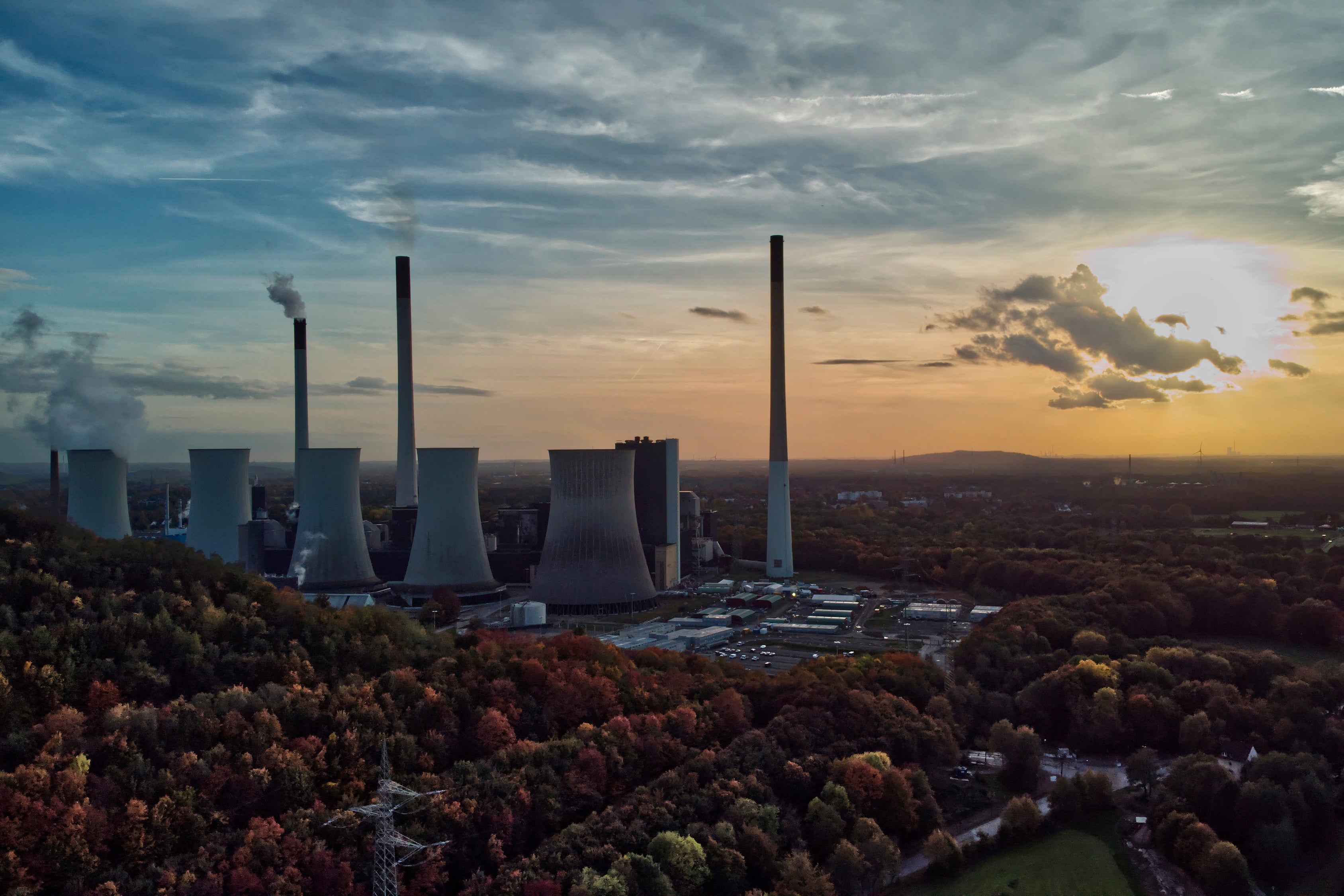European Central Bank: Recession 'has become more likely'
It's looking more like a recession is coming in Europe

Your support helps us to tell the story
From reproductive rights to climate change to Big Tech, The Independent is on the ground when the story is developing. Whether it's investigating the financials of Elon Musk's pro-Trump PAC or producing our latest documentary, 'The A Word', which shines a light on the American women fighting for reproductive rights, we know how important it is to parse out the facts from the messaging.
At such a critical moment in US history, we need reporters on the ground. Your donation allows us to keep sending journalists to speak to both sides of the story.
The Independent is trusted by Americans across the entire political spectrum. And unlike many other quality news outlets, we choose not to lock Americans out of our reporting and analysis with paywalls. We believe quality journalism should be available to everyone, paid for by those who can afford it.
Your support makes all the difference.The European Central Bank sees an increased likelihood of a recession in the 19 countries that use the euro currency, warning that soaring energy prices and high inflation fed by Russia's war in Ukraine have raised risks for bank losses and turmoil on financial markets.
“People and firms are already feeling the impact of rising inflation and the slowdown in economic activity,” ECB Vice President Luis de Guindos said.
As the bank released its twice-yearly assessment of eurozone financial stability on Wednesday, de Guindos said that "risks to financial stability have increased, while a technical recession in the euro area has become more likely.”
A chart published with the report indicated an 80% chance of recession in the eurozone and United Kingdom in the year ahead and a 60% probability in the U.S.
Many economists and the European Union's executive Commission have already predicted a technical recession for the last three months of year and the first part of next year as sky-high utility prices and food costs rob consumers of purchasing power.
A technical recession is two or more consecutive quarters of declining economic output. Economists on the eurozone’s business cycle dating committee, however, use a broader range of information to determine recessions, such as unemployment figures and the depth of the downturn. The eurozone economy eked out 0.2% growth in the July-September period.
Economists’ expectations are that growth should resume next spring as inflation falls from peak levels and as wintertime pressure on natural gas supplies eases.
High inflation is spreading its effects through the economy, raising the likelihood that banks will see more losses from loans and that companies won't be repaid, the ECB said in the report.
Meanwhile, uncertainty about how high and how long inflation will go “has heightened the risk of disorderly asset price adjustments in financial markets.” Beyond that, pressure has grown on people, companies and governments that are more in debt than others.
Inflation, which came in at an annual rate of 10.7% in the eurozone in October, has been fed by Russia cutting off most natural gas to Europe amid the war in Ukraine. That sent natural gas prices sharply higher and raised the price of electricity and industrial processes that use lots of heat or natural gas.
Politicians call the cutoff an attempt by Russian President Vladimir Putin to undermine European governments' support for Ukraine. Russian gas exporter Gazprom has cited technical difficulties and a refusal by some importers to pay in rubles.
Before the war, Europe and in particular its largest economy, Germany, depended on Russia as a major supplier of both oil and natural gas. Oil prices also have risen on global markets as some Western customers boycott Russian oil and a Dec. 5 date looms for Europe to bar shipments of Russian crude by sea.
Overall, the ECB said the eurozone banking system was well-positioned to cope with the additional risks. The bank warned indebted governments to be prudent about avoiding a pile-up of more debt through spending on energy relief for consumers and to ensure such programs were targeted at the people most in need.